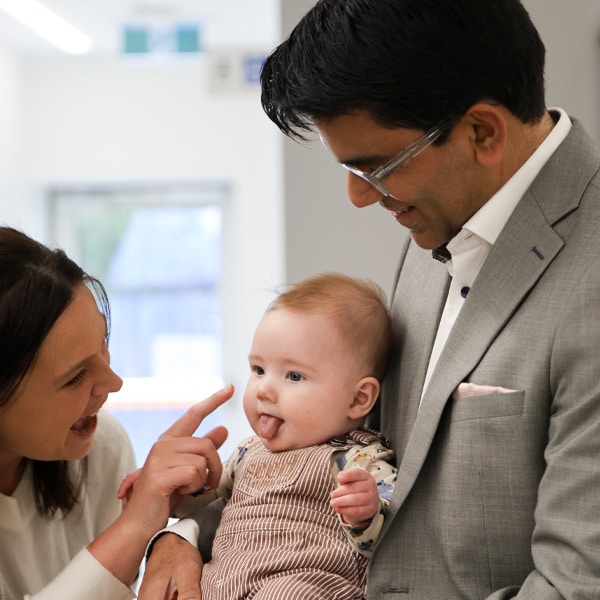GENEVA (6 May 2024) – Widespread violations of women and girls’ rights in Haiti are continuing with impunity, UN experts* warned today, as the country grapples with an unprecedented outbreak of violence endangering the right to physical and mental integrity, and even life.
“Women and girls continue to disproportionately suffer from the crisis ravaging the country,” the experts said. “Pre-existing inequalities and gender-based discrimination have exacerbated the current situation.”
“The outbreak of violence in Haiti has resulted in loss of livelihoods and food insecurity, widespread and multiple displacement, the collapse of education, breakdown of healthcare and other essential services,” the experts noted. They also pointed to severely limited access to justice due to fear of reprisals and the lack of economic opportunities.
The experts expressed grave concern that criminal gangs continue to use sexual violence against women and girls as a primary tactic to instil fear, extort money, gain control of power, and punish local communities.
“Internally displaced women and girls, who live in inadequate and precarious displacement sites, are particularly vulnerable to sexual violence,” they said. The experts also warned that risks and prevalence of trafficking of women and girls for purposes of sexual exploitation and sexual slavery had increased.
Calling on criminal gangs to put an immediate end to all forms of gender-based violence, the experts expressed alarm towards the authorities’ serious and continued failure to protect and fulfil the rights of women and girls in this crisis. “No one should be forced to choose between their safety and their ability to provide for themselves and their families, attend school, access healthcare and basic services, including sexual and reproductive care,” they said. They sounded alarm that survivors of violence continue to be unable to receive the assistance and protection they need.
The experts were also concerned at reports that the Government undermined and under-resourced State institutions that provide social services and protect human rights, failed to address corruption in the justice sector and beyond, and was actively complicit in gang activities.
“Haiti must return to democratic and constitutional governance based on the principles of respect for human rights, transparency and accountability,” the experts urged. “The transitional government must exert good-faith efforts to execute its mandate and create conditions for free, fair and inclusive elections.”
They emphasised that women’s voices and perspectives must be front and centre in the political transition process, to ensure accountability and non-recurrence of widespread violations of women and girls’ rights.
“We call on authorities to take all measures to ensure the full and equal participation of women in the peacebuilding process, in accordance with Security Council Resolution 1325,” the experts said.
*The experts: Dorothy Estrada Tanck (Chair), Claudia Flores, Ivana Krstić, Haina Lu, and Laura Nyirinkindi, Working group on discrimination against women and girls; Margaret Satterthwaite, Special Rapporteur on the Independence of Judges and Lawyers; Tlaleng Mofokeng, Special Rapporteur on the right of everyone to the enjoyment of the highest attainable standard of physical and mental health; Alice Jill Edwards, Special Rapporteur on Torture and other Cruel, Inhuman or Degrading Treatment or Punishment; Tomoya Obokata, Special Rapporteur on contemporary forms of slavery, including its causes and consequences; Paula Gaviria Betancur, Special Rapporteur on the human rights of internally displaced persons; Siobhán Mullally, Special Rapporteur on trafficking in persons, especially women and children; Mama Fatima Singhateh, Special Rapporteur on the sale, sexual exploitation and sexual abuse of children; Reem Alsalem, Special Rapporteur on violence against women and girls, its causes and consequences; Morris Tidball-Binz, Special Rapporteur on extrajudicial, summary or arbitrary executions; Michael Fakhri, Special Rapporteur on the right to food.
Special Rapporteurs, Independent Experts and Working Groups are part of what is known as the Special Procedures of the Human Rights Council. Special Procedures, the largest body of independent experts in the UN human rights system, is the general name of the Council’s independent fact-finding and monitoring mechanisms. Special Procedures mandate-holders are independent human rights experts appointed by the Human Rights Council to address either specific country situations or thematic issues in all parts of the world. Special Procedures experts work on a voluntary basis; they are not UN staff and do not receive a salary for their work. They are independent of any government or organisation and serve in their individual capacity.







